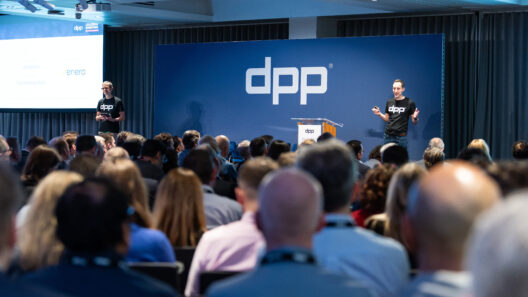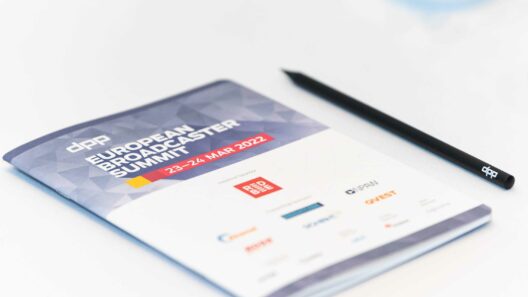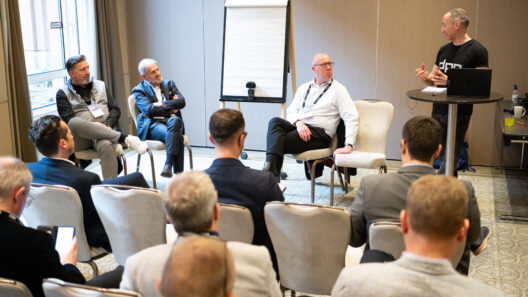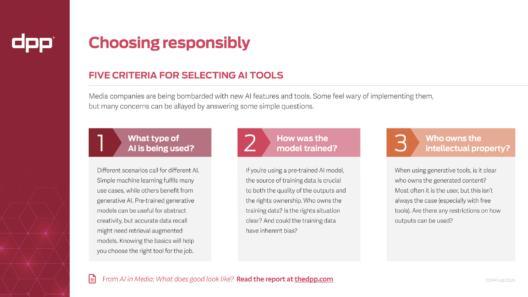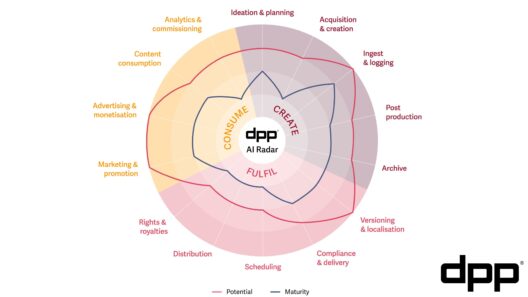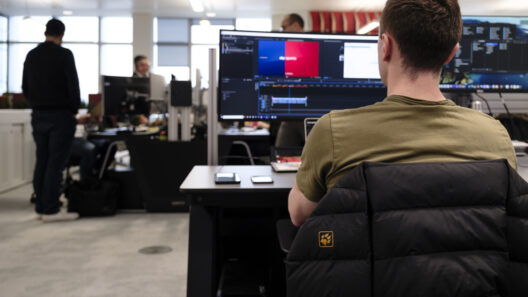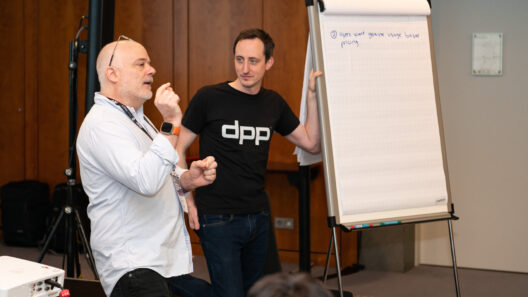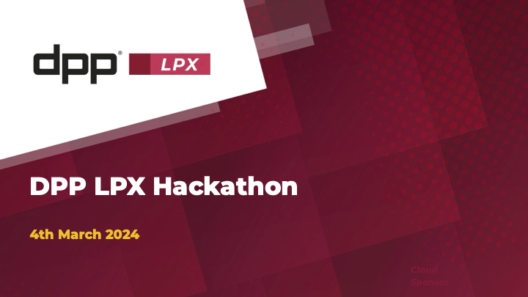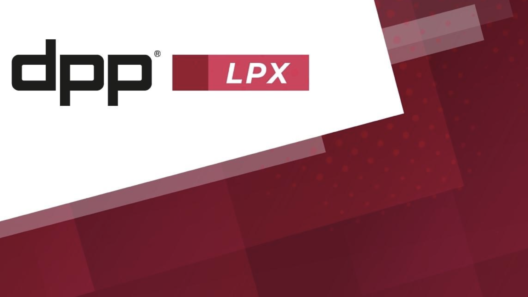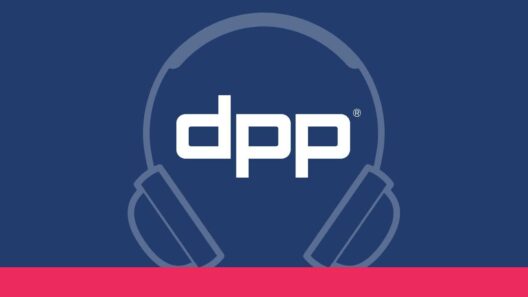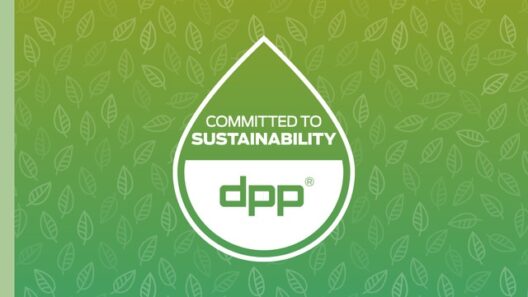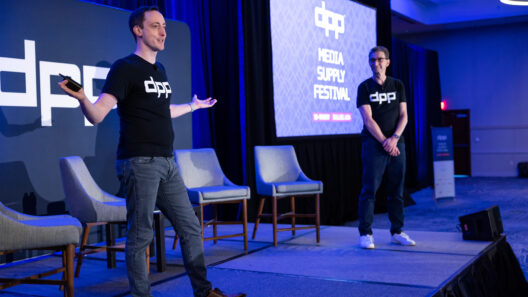The DPP has announced today, in a dedicated DPP session at IBC, that UK broadcasters BBC, ITV and Channel 4 will move to file-based programme delivery from 1 October 2014.
For ITV and Channel 4 this will be a full transition, with file-based delivery becoming the default standard of programme delivery for all suppliers by that date. For the BBC, the 1st October 2014 will see a phasing-in of file-based delivery as the preferred method of programme delivery, beginning with network programmes produced by Independent suppliers.
Other UK broadcasters BSkyB, Channel 5 and BT Sport – who have been supporting the DPP’s work – are also underway with their file-based delivery programmes. Taken together with today’s landmark announcement, the move to true end-to-end digital production in the UK has clearly begun.
The DPP prepared the ground for file-delivery in January 2012 by announcing a common UK file-based delivery standard based on AMWA AS-11, and latest DPP version (4.0) of the UK Broadcasters’ spec will be released in early October.
The standard has been widely adopted by manufacturers, producers and broadcasters. Today’s announcement tells the industry precisely when the DPP’s founding members – ITV, the BBC and Channel 4 –will make their move to end-to-end digital.
“The DPP was founded to smooth the journey to end-to-end digital production,” said Mark Harrison, Chair of the DPP. “So we’re delighted to have facilitated this fundamental change that finally makes end-to-end digital a reality and enables producers and broadcasters to obtain the benefits of this new, smoother way of working – particularly around archive and distribution workflows.”
In other news, the DPP told attendees at its special IBC session that having delivered its work on best practice production workflows and creativity, it will now be focusing its efforts into a new Delivery, Storage and Distribution Workstream.
The DPP will spend the next few months planning its intervention in detail, exploring how far common standards and services can assist producers, post producers, manufacturers and broadcasters in four key areas:
- Content Receipt and the best model for UK independent companies to submit file-based programmes
- Workflow – common standards and guidelines for delivery and various points of exchange
- Archive Storage and retrieval services
- Content Reporting of regulatory and broadcaster specific metadata
Helen Stevens, who is leading the Delivery, Storage and Distribution Workstream, said, “It has become clear to us that the areas of greatest need, in trying to simplify the move to fully digital, are those around delivery, storage and distribution, so that is where we are concentrating the next phase of our work. As part of this we will also be asking how the DPP – on behalf of UK public service broadcasters – can best play its part.”
To begin its new Delivery, Storage and Distribution Workflow research, the DPP commissioned Mediasmiths to update their 2011 report for the DPP – ‘The Reluctant Revolution’ – which examined the obstacles to end-to-end production in television, and specifically the extent to which the industry was ready to make use of the cloud.
Published today the new report – The Coming Storm? A report on the impact of cloud on broadcast – concludes that The Cloud, which was so little used in broadcasting two years ago that most people didn’t even know what the term meant, will very soon be so pervasive that it will no longer be regarded as special.
Among other key predictions to emerge from the report are:
- The adoption of cloud services by broadcasters could lead to greater collaboration with the production sector as both seek to benefit from these new ways of working.
- Cloud will increase – rather than decrease – the importance of in-house cloud skills and teams, as they are needed to broker, manage and support internal access to cloud services.
- Cloud storage will be more about standards than volumes: the cloud could become a key method of storing Masters, but for this to be effective, a set of common standards and procedures will be required – much like the DPP File Delivery standard.
DPP Chair Mark Harrison comments: “The message here from the Mediasmiths research is exciting and compelling: we have an opportunity as an industry to set the terms of our next phase of development; and if we work together we could finally derive the potential from digital that has so often seemed elusive.”
The DPP will host a second session as part of the Workflow Village Event on Sunday 15th September 17.00-18.00 in the Workflow Solutions Theatre.
